
Strawberry Gum Turkish Delight
Infuse your favourite sweet treat with the unique flavour of native Australian Strawberry Gum! This Turkish Delight recipe uses strawberry gum extract to deliver vibrant berry and citrus notes in...
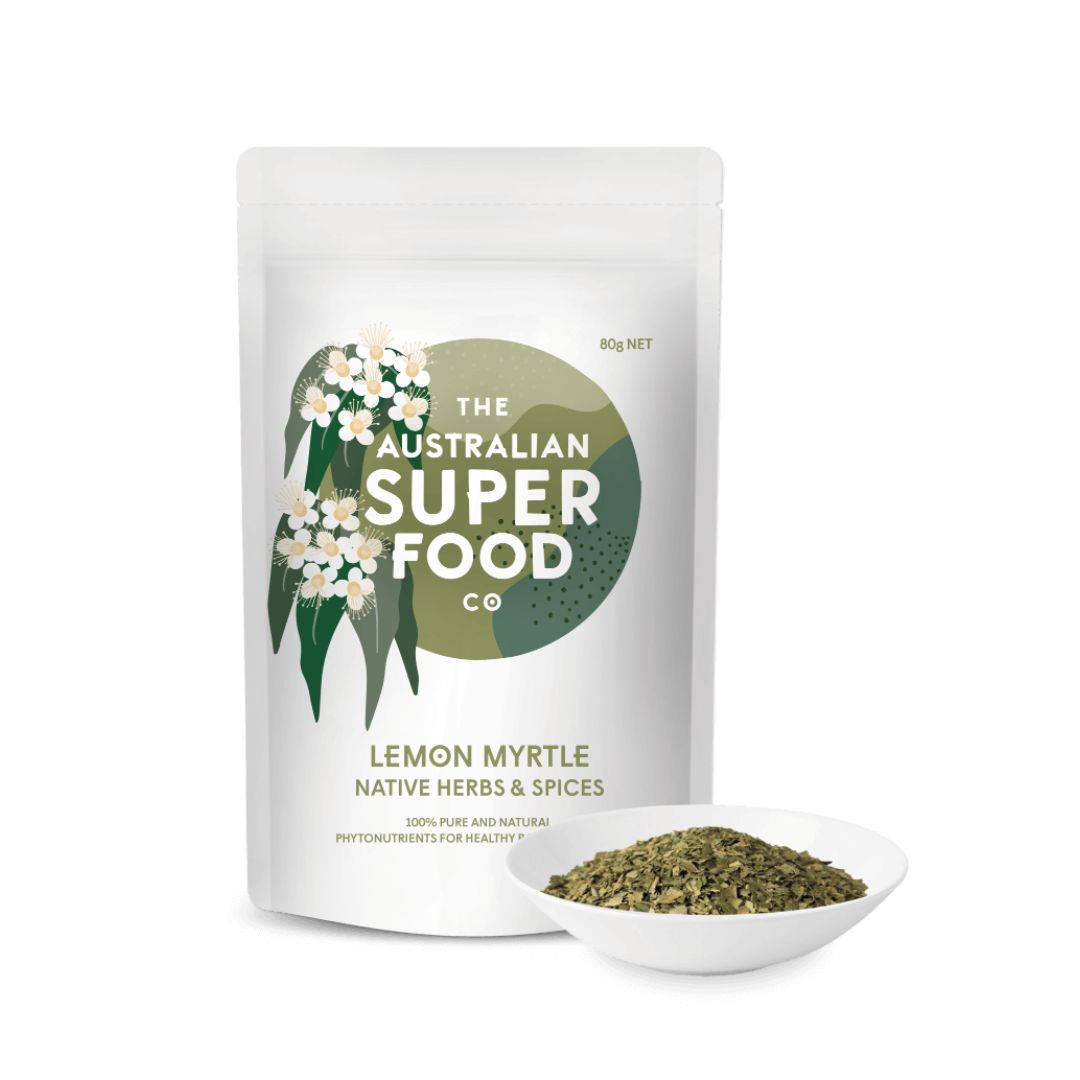
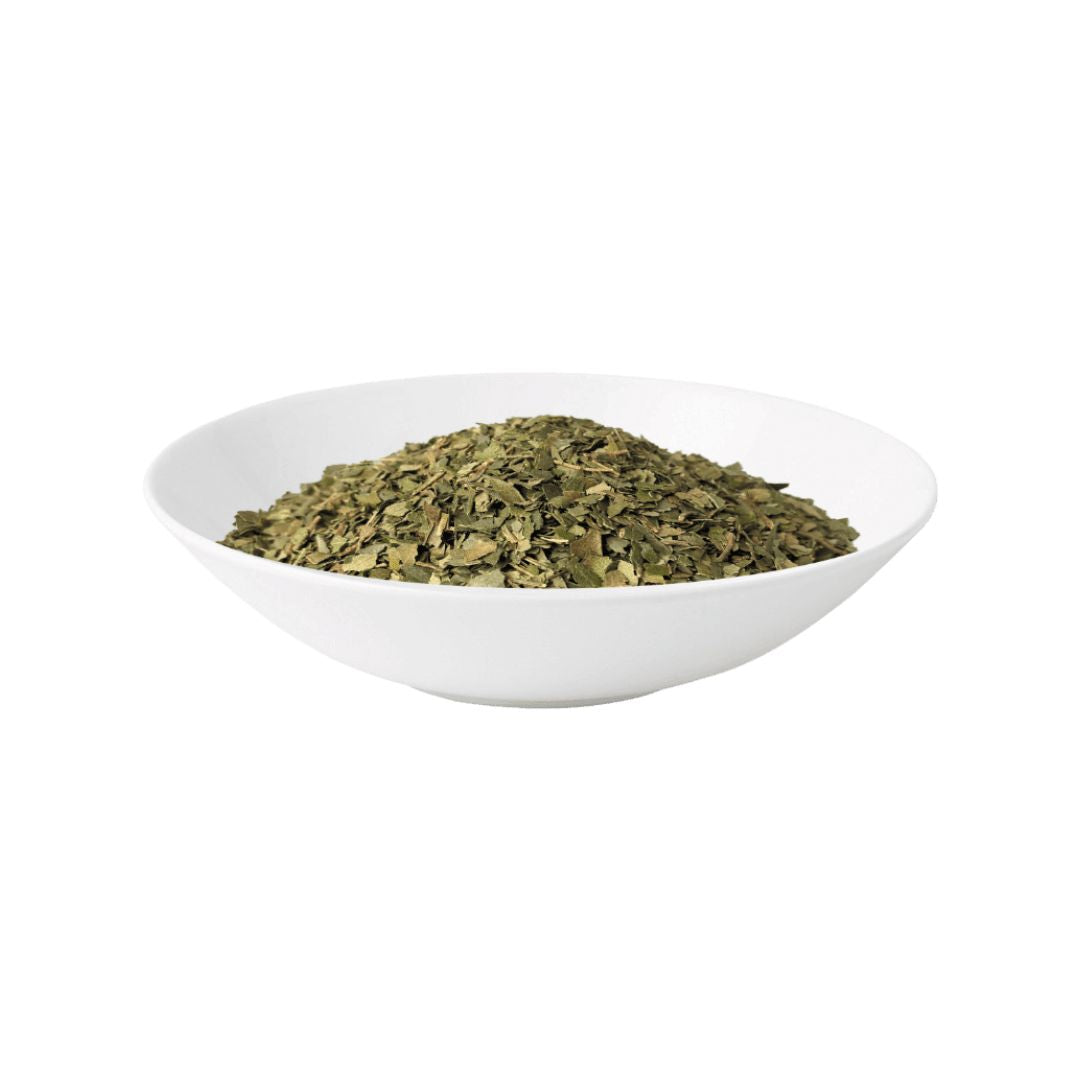
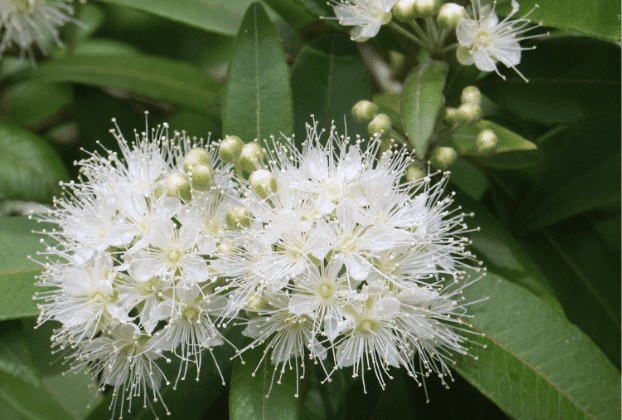
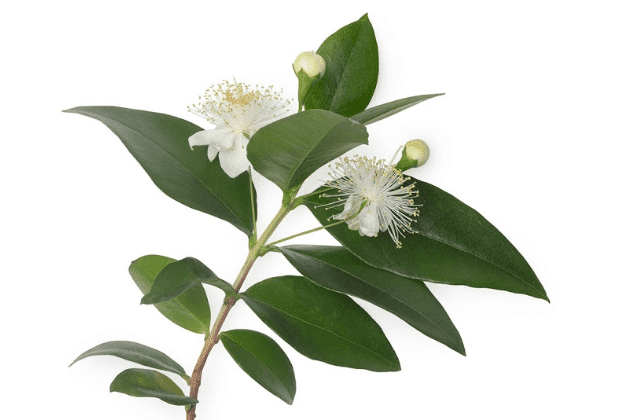
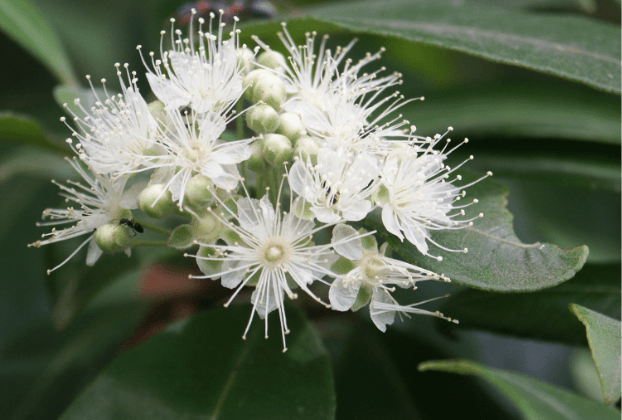
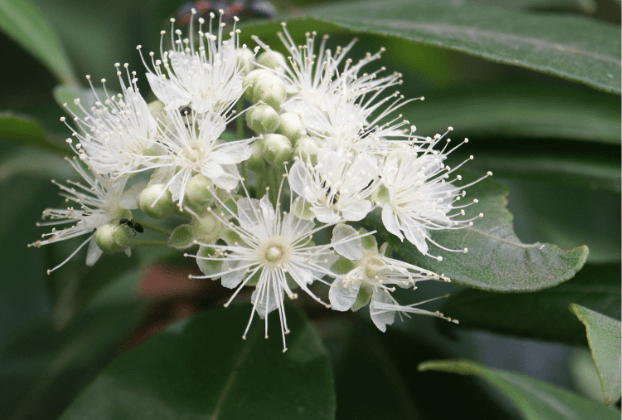


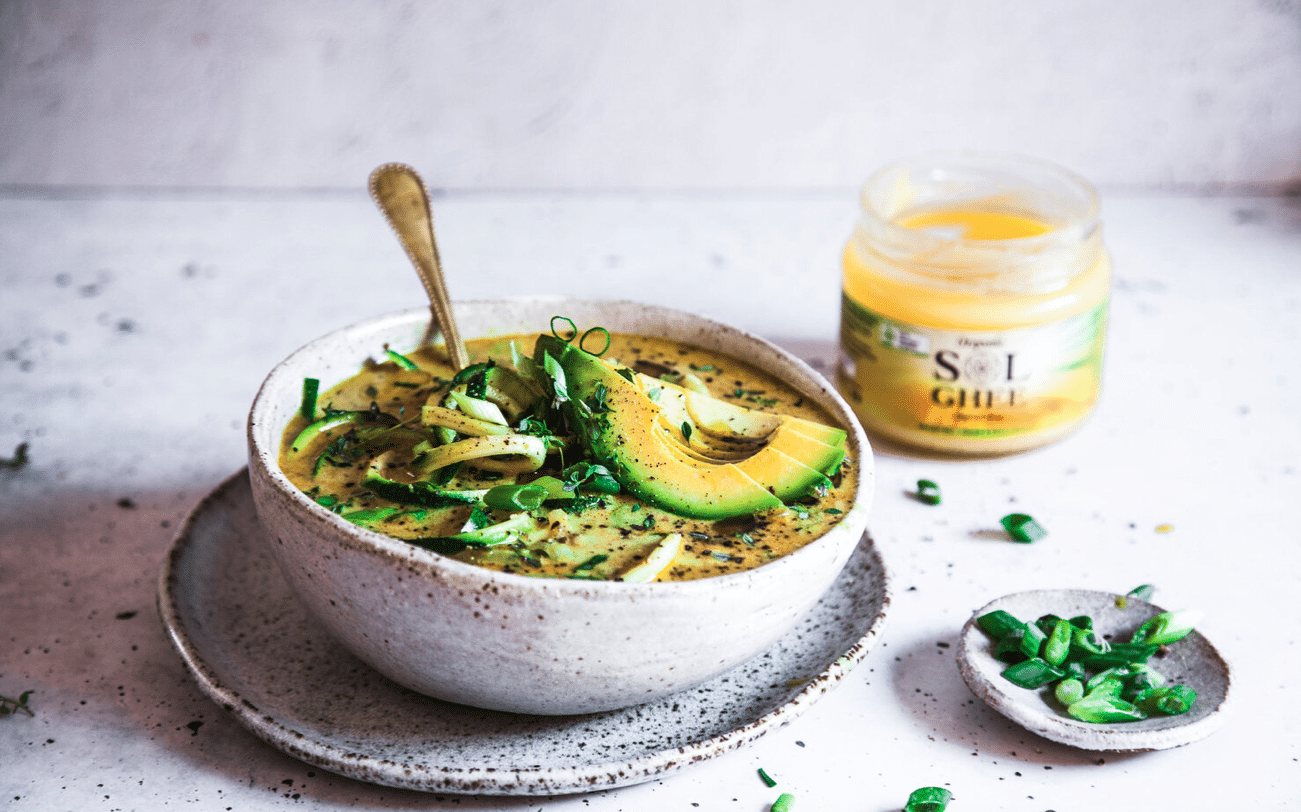

Infuse your favourite sweet treat with the unique flavour of native Australian Strawberry Gum! This Turkish Delight recipe uses strawberry gum extract to deliver vibrant berry and citrus notes in...
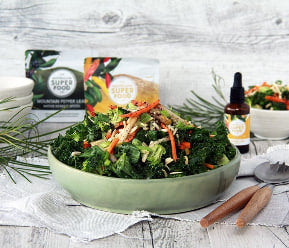
Discover the vibrant flavours of our Kale, Broccoli & Pear Summer Salad with a unique Finger Lime, Coconut & Mountain Pepper Leaf Dressing. This refreshing, nutrient-packed salad combines the goodness...
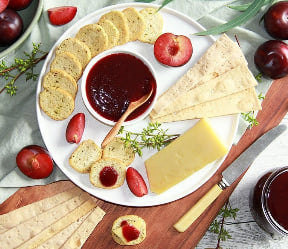
Discover the rich flavours of Australia with this Spiced Plum Paste recipe, featuring the unique blend of Davidson Plum and Mountain Pepperberry. Perfect for adding a tangy kick to your...
#AustralianBushFood